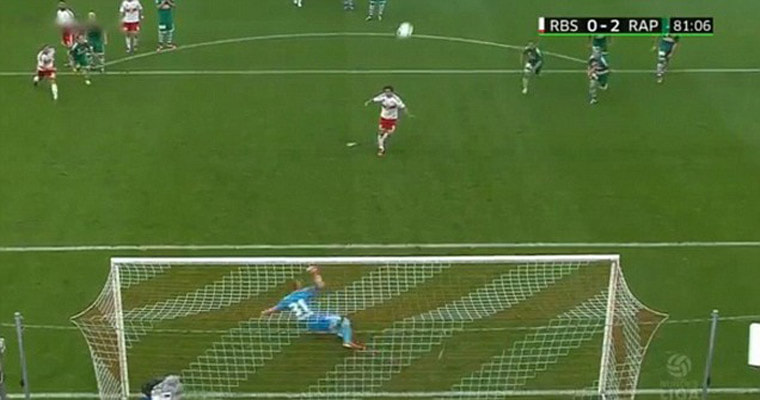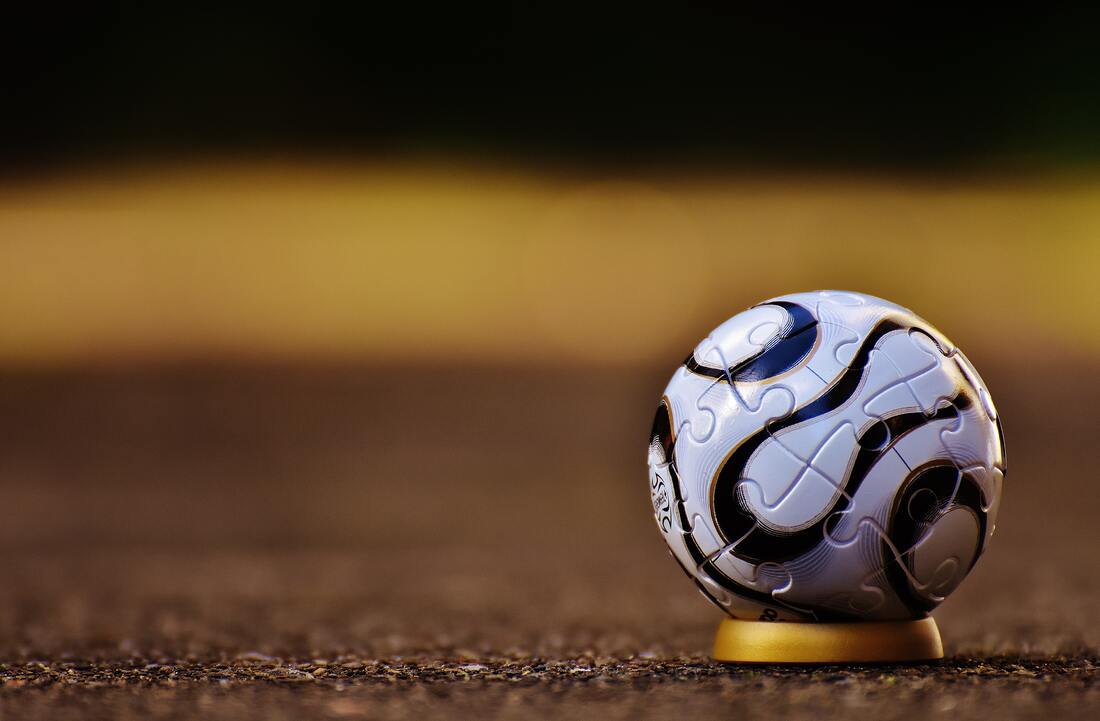|
By H. Esteves  Above is a professional football player kicking the ball high up in the stands in a horrible penalty miss. Above is a professional football player kicking the ball high up in the stands in a horrible penalty miss. In sports, and more commonly in the NBA, there is a term deemed to those that make great plays when they are needed the most: ‘clutch’. A clutch player will always come through in the big moment, shine when the lights are brightest and make winning plays in the last and crucial minutes. But how much of that is mental? Could it be just bare luck that a player frequently makes good plays in these situations? Take the NBA player Robert Horry for example. Better known as ‘big shot bob’, he was by no means a star talent, yet he was famous for hitting the shots when it mattered most. In his career, he went to the NBA finals 7 times and won every single time—totaling more championships than most NBA legends, including names like Michael Jordan. The majority of fans attribute his success to his ‘clutchness’, his ability to make good plays when it mattered most. Others argue that he got lucky, by always being in great teams with talented players, and as a result having the 3rd most playoff appearances of all time, he simply had many opportunities to take big shots. Still, it can’t be ignored that he did, in fact, make the burdened shots he took. It can be argued that the abundance of opportunities put him in the position to take those shots, but he still had to actually make them—and he did. Robert Horry was once quoted as saying, “there’s no pressure,” when he takes those shots, and could that be exactly the reason behind how he makes them? Hence, he can be used for a case study of how mentality impacts performance in sports. But first let’s look at another sport: football. For decades psychologists have studied penalties, a situation of enormous pressure on the players. The player who is about to shoot on goal tends to feel more pressure due to the high expectation of him scoring. As, statistically, it is more likely for the player to score than for him to miss. In fact, about ¾ of penalties are made. Nevertheless, sometimes we see abysmal misses too. From an eye test, the phenomenon of incredibly talented players missing the goal so widely can be seen, and the only possible explanation is nervousness and poor cooperation with pressure. Furthermore, in golf there is a similar extreme pressure situation; when a player is very close to scoring and all he needs is a light tap on the golf ball to get it to go in. Yet, it occurs every now and then that they miss. Sometimes, professional players, gifted players, talented players, miss in a situation where even most amateurs could score—possibly one of the origins of fans screaming at the television phrases like, “even I could make that!”. In contrast, we have players like Robert Horry, who made several high difficulty shots in similar pressure situations. The only difference in these pressure situations is the expectation. So, on one hand we have easy shots, such as the examples I gave in golf and football, that sports players are expected to make, and sometimes are missing horribly. On the other, we have players taking tough shots, that they are not expected to make, and making them. The quote from Robert Horry that I presented in the start is actually an extract of a bigger sentence, in which he said: “If I hit it we win, if I miss y’all are going to blame the stars anyway. There’s no pressure on me.” This highlights how the higher expectation of having to make the play or shot, the higher the pressure on the player to make it. Allowing this phenomenon of the best players in the world making grave mistakes when the pressures are higher, despite the difficulty level. And it allows players, like Robert Horry, as demonstrated by the quote, to not feel pressure to take shots that players of their skill level aren’t expected to make. Demonstrating how psychology, and the fear of the high expectation of others, affects the skills of quality sports players in high pressure situations.
0 Comments
Leave a Reply. |
Archives
June 2024
|


 RSS Feed
RSS Feed